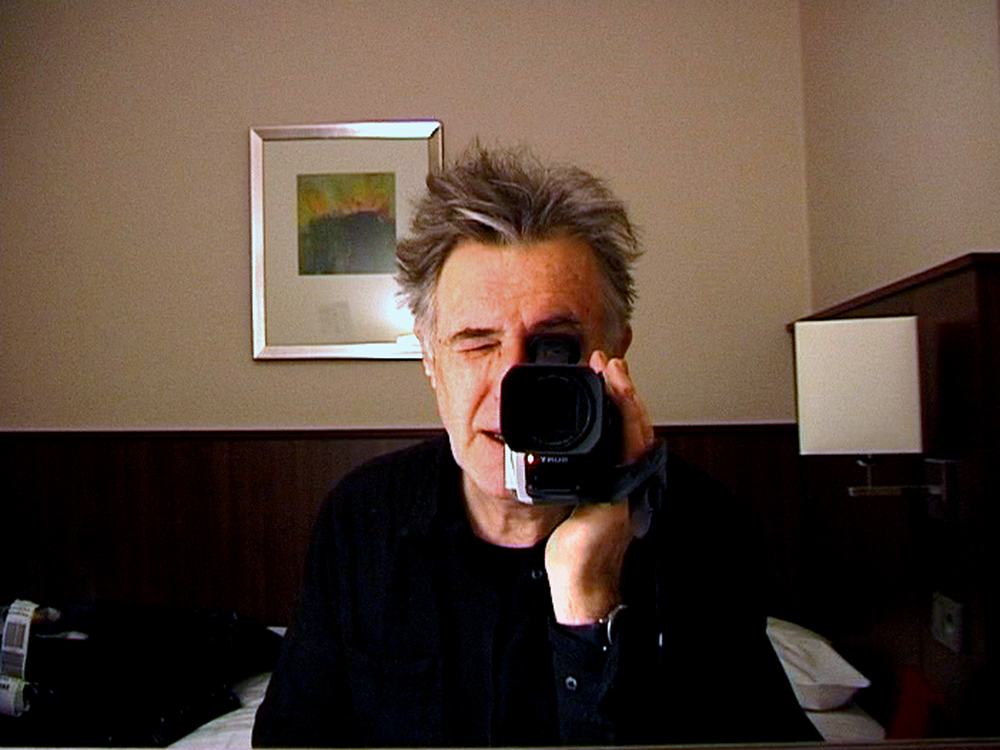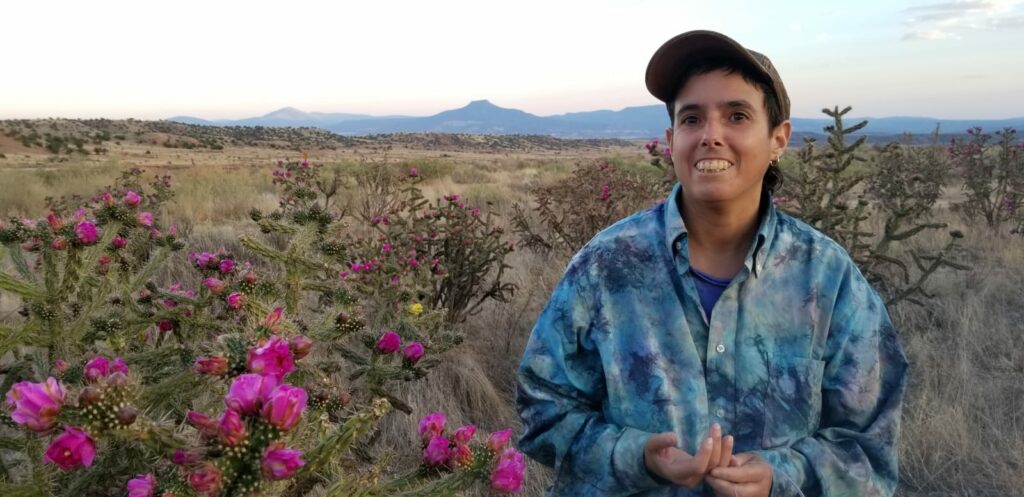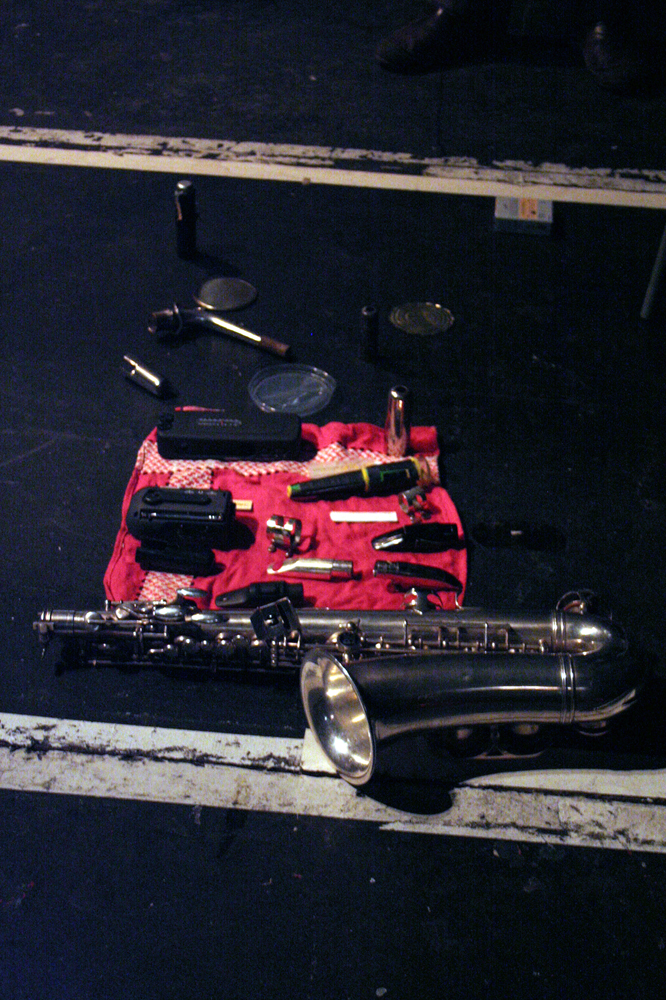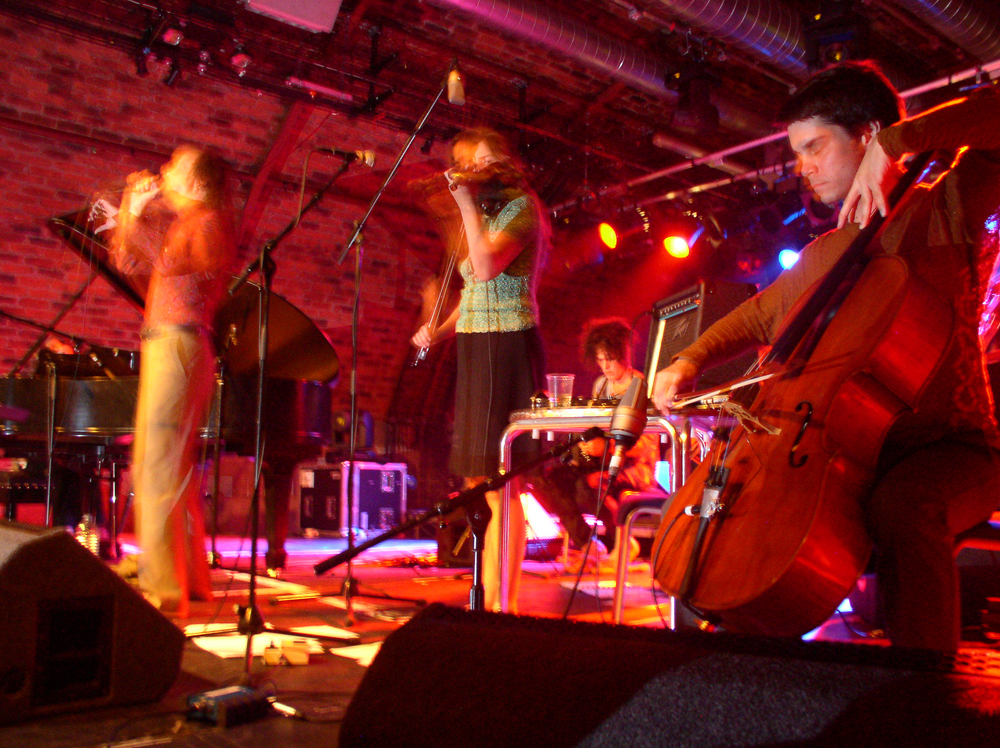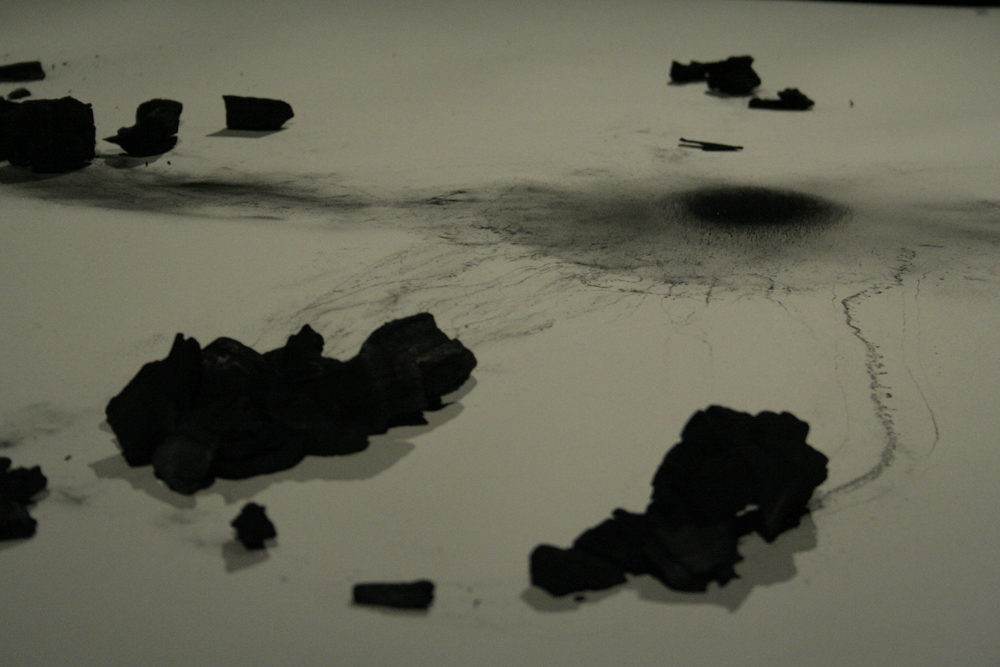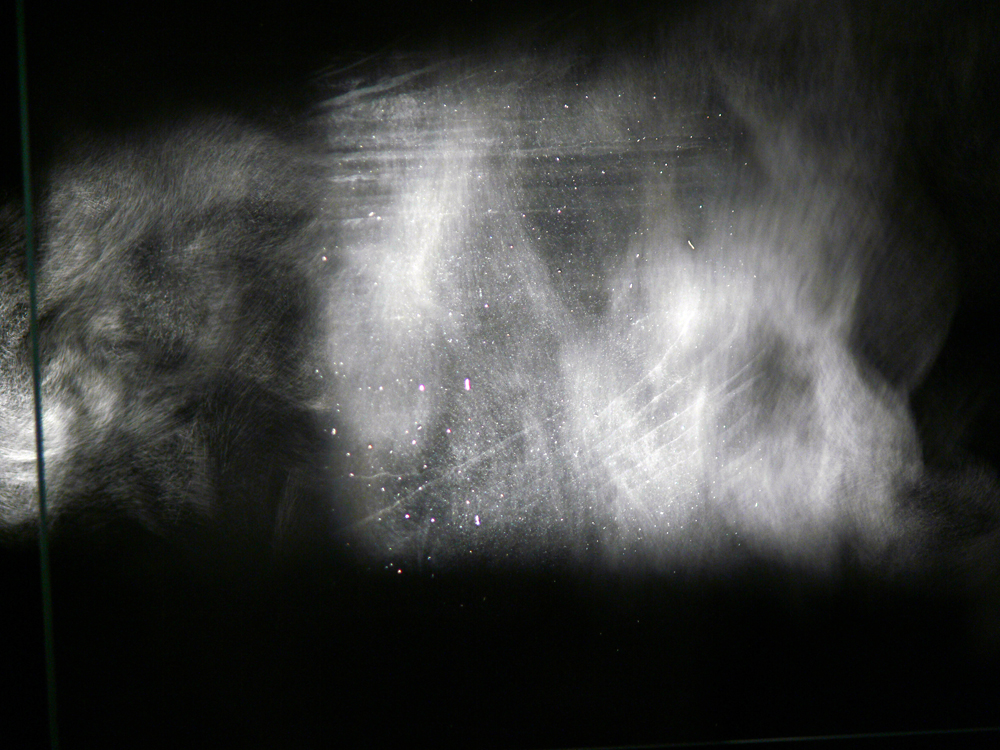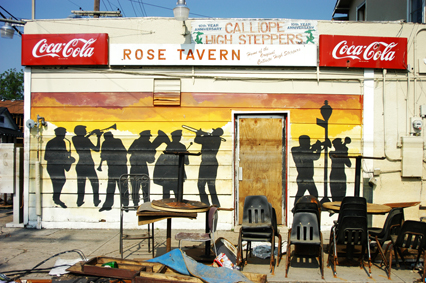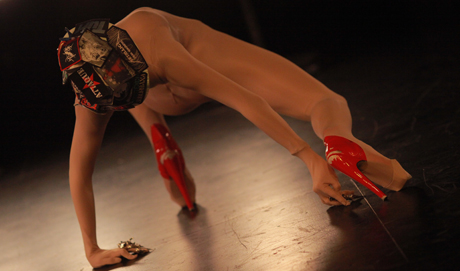
(M)IMOSA | Twenty Looks or Paris is Burning at The Judson Church (M)
Cecilia Bengolea François Chaignaud Marlene Monteiro Freitas Trajal Harrell
What would have happened in 1963 if someone from the voguing ball scene going on in Harlem had travelled downtown to perform alongside the early postmoderns at Judson Church?




